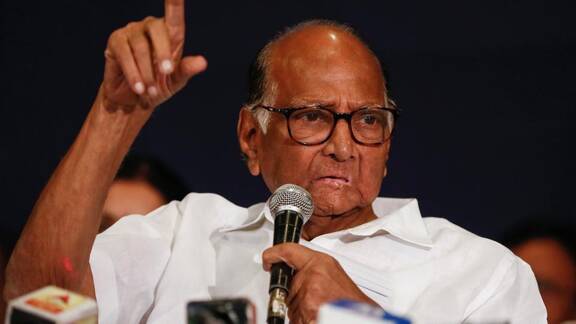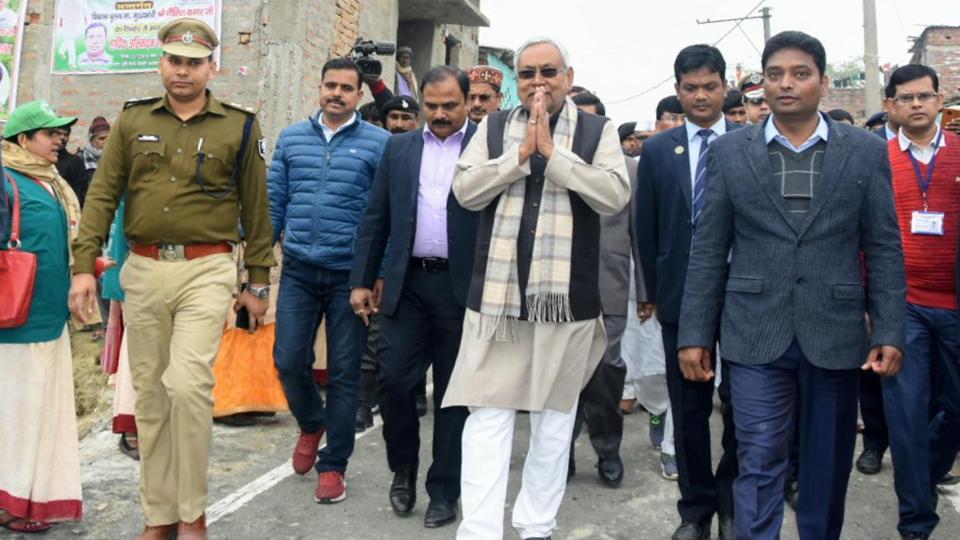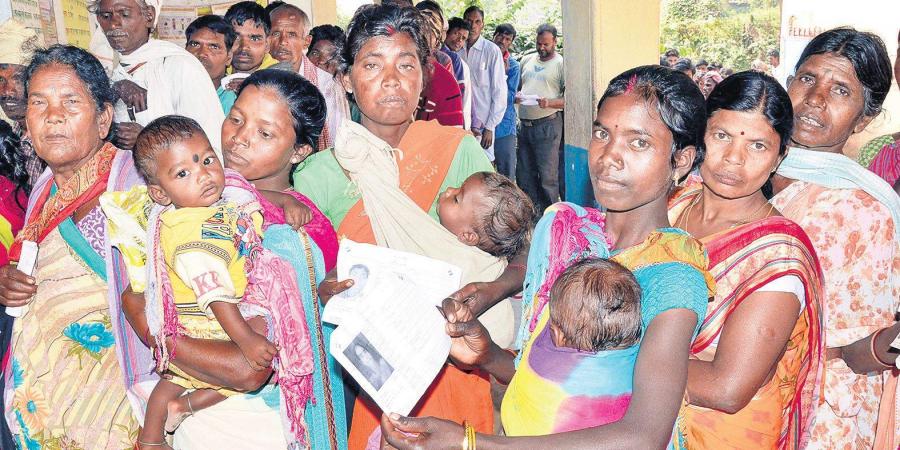Source – hindustantimes.com
Nationalist Congress Party (NCP) chief Sharad Pawar’s poll strategy in Maharashtra shaped the Congress’s election campaign in Jharkhand, where it kept the focus on local issues, the economy and jobs, and avoided getting into a debate on nationalism pushed by the Bharatiya Janata Party (BJP).
The political narratives were widely divergent in the tribal-dominated state where the five-phase election ended on Friday and vote counting will be taken up and the outcome announced on Monday,
The BJP made the revocation of Article 370, which scrapped the special status of Jammu and Kashmir, the construction of a Ram temple in Ayodhya and the Citizenship Amendment Act (CAA) the main planks of its poll campaign. The Congress and its alliance partner, Jharkhand Mukti Morcha (JMM), stuck to their tactic of keeping the rivals engaged on local matters, and limited the discourse on national issues to the economic slowdown, rising prices and unemployment.
The Congress had undoubtedly taken a leaf out of Pawar’s book. The Maratha leader, during the Maharashtra election campaign, successfully skirted he BJP’s nationalism narrative and campaigned extensively on local issues.
“It was deliberate on our part to keep the elections focussed on local issues and not fall into the BJP’s trap of making it nationalism-centered. We had also received feedback that there is strong anti-incumbency against BJP chief minister Raghubar Das and as such they will raise the pitch on Article 370, Ayodhya and the CAB {Citizenship Amendment Bill, now an Act},” said senior Congress leader Ajay Sharma. “We didn’t let that happen and kept the campaign entirely Jharkhand-centric.”
Sharma handled the Congress’s campaign in Ranchi and assisted the party’s Jharkhand in-charge, RPN Singh, in planning strategy.
He said the Congress also thwarted all attempts by the BJP to make it an election centred on Prime Minister Narendra Modi; the ruling party decided to increase his number of Modi rallies it organised in Jharkhand after assessing that local leaders were not getting the required traction on the ground, he said.
The Congress had crafted a different campaign plan for each of the five phases of elections. The party had also planned to end the campaigning on December 18 with a rally by either Congress president Sonia Gandhi or party general secretary Priyanka Gandhi Vadra. The latter, eventually, addressed a public meeting along with JMM chief Hemant Soren at Pakur in the Santhal-Pargana region. Former Congress chief Rahul Gandhi addressed four rallies across the state.
“For the first time in 18 years, the Congress was in a fighting-fit form and we gave our best. Besides, the in-charge [RPN Singh] camped in the state for 40 consecutive days, which never happened in the past,” said the party’s state working president, Rajesh Thakur.
Jharkhand BJP spokesperson Pratul Shahdeo dismissed the contention that the ruling party was on the back foot on local issues and instead blamed the opposition alliance for polarising the electorate.
“We started with ‘Ghar Ghar Raghubar’ campaign and talked about stability and development in the last five years of the BJP government. But the Congress and JMM leaders started polarising the elections by talking negatively about Article 370 and we responded by exposing their double standards,” Shahdeo said.
He claimed that the alliance also hit the panic button after receiving feedback that minority voters were supporting the BJP in large numbers.
Political analysts said local issues dominated the poll discourse among a large section of voters during the elections. “Roti [bread], kapda [clothes] aur makaan [house] are important for all and they take precedence over national issues. Voters across the country have shown that they vote differently for national and state elections,” said LK Kundan, associate professor in the political science department at Ranchi University.
In the elections tor the 81-member Jharkhand assembly, the Congress contested 31 seats, the JMM 43 and the Rashtriya Janata Dal (RJD), the third partner in the opposition alliance, seven. The BJP and the All Jharkhand Students Union, or AJSU, Party could not reach an electoral understanding and fought the elections separately.
“It is a ploy. They [BJP and AJSU] have been together for five years and will join hands after the elections. The people are seeing through their drama and will hand over a crushing defeat to them,” Sharma said.


